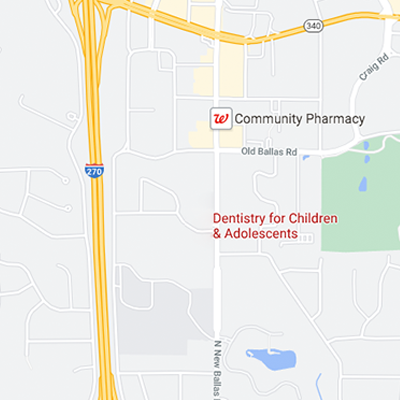Ways to Make Brushing Fun for Your Child
November 15th, 2023

According to the American Academy of Pediatric Dentistry, your child should visit a dentist, like Dr. Varble, Dr. Dill, Dr. Wong, and Dr. Parks, when his or her first tooth pops through the gum, or by time they are one year old.
Children do not always want to brush their teeth. In fact, the average child has three cavities by the time they reach their third birthday. However, if you make brushing fun for them, they will look forward to it, and develop a lifelong habit of good oral hygiene.
How to Make Brushing Fun
- Let them pick out their own toothbrush, like one with their favorite cartoon character.
- Allow your child to choose their own special toothpaste, as long as it adheres to AAPD guidelines for safety.
- Brush to a fun song that is two to three minutes long. When the music stops they are done brushing.
- Brush your teeth with them. Make it a family affair!
- Toddlers may be afraid of having their teeth brushed or brushing them by themselves. Allow them watch as you brush your teeth; this will help them to see that brushing their own teeth will not hurt them.
- Reward systems are great incentives for children, just don’t overdo it. You’re trying to instill good brushing habits, not simply reward them for something they need to do.
- Try an app on your phone; you’ll be surprised how many there are and how much fun your child will have using them.
- It’s important to make sure every tooth gets brushed, so as you child brushes their teeth, count them. Then when they are finished ask them how many teeth they have. You can switch it up a little by giving each tooth a silly name or make up a short rhyme about each tooth as your child brushes.
- Use educational tools, such as the movie “The Adventures of Timmy the Tooth.”
- Read books to your child about brushing their teeth and good oral hygiene.
All you need is a little imagination to help your child learn to love brushing their teeth!





